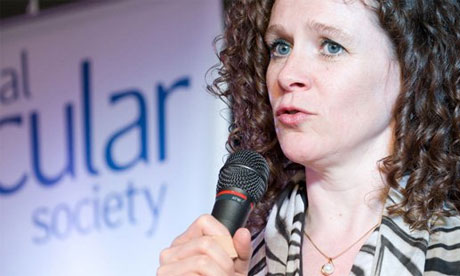An English bishop suggested reorganizing the Catholic school system in his diocese to ease financial strain and address schools that may have strayed from their purpose of faithful evangelization.
“Is it time for us to admit that we can no longer maintain schools that are Catholic in name only?” asked Bishop Michael G. Campbell of Lancaster, England.
In a New Year’s pastoral letter read in the diocese’s churches on the weekend of Jan. 1, the bishop questioned whether it was “right or sustainable” to expect the local “Mass-going population of 21,000” to support schools where the majority of pupils and teachers are not practicing Catholics.
He said that it is “a time of great transition,” in which Christianity is changing from “a religion adhered to by the majority out of social convention” to again being “a way of discipleship” that a smaller number of the faithful deliberately choose to adopt out of conviction.
Bishop Campbell observed the need to help the schools and parishes in the diocese to adapt to changing circumstances, while at the same time embracing the challenges of the New Evangelization.
In recent decades, parishes have shrunk and the number of priests has dropped, the bishop explained.
He added that the “state of the economy” and the “demands on our resources” require a very careful “stewardship of our finances, properties and buildings” in achieving the ultimate goal of serving the Church’s mission.
To do this, the diocese must plan for the future, even though it may require sacrificing immediate comfort, he said.
He emphasized the need for careful and creative solutions in considering the future of parishes and schools in a diocese with “fewer priests and smaller congregations” than in the past.
Bishop Campbell suggested that it might be beneficial to merge some of the diocesan schools. He welcomed reflections and positive suggestions in addressing the challenges before the diocese, which he said would require not only human effort, but the assistance of God.
At the same time, he said, the members of the diocese should try to observe the Year of Faith declared by Pope Benedict XVI beginning in Oct. 2012, grow in their appreciation of “the precious gift of faith” and deepen their relationship with God.
The true purpose of diocesan schools is to help the Church in her mission of much-needed evangelization, he underscored.
Bishop Campbell highlighted the great number of people who have fallen away from the Catholic faith and stressed the importance of reaching out to these people, for whom “the message has become stale” and the Gospel seems “empty or unconnected” to real life.
Patrick Reilly, president of The Cardinal Newman Society, said that the problem of fidelity and funding in Catholic schools is not exclusive to England, but is also present in the United States, often at the level of higher education.
“The very faithful Catholic colleges that we support greatly need financial help, while many of the more secular universities enjoy large endowments and expensive facilities,” he told CNA on Jan. 12.
Reilly said that in the “increasingly secular culture,” Catholics who wish to financially support the Church’s mission are often forced to “impose restrictions on their gifts” to ensure that they are used in a manner that is faithful to Church teaching.
However, he also observed signs of encouragement, noting that the United States is seeing an “exciting growth of faithful, successful apostolates.”
Source
